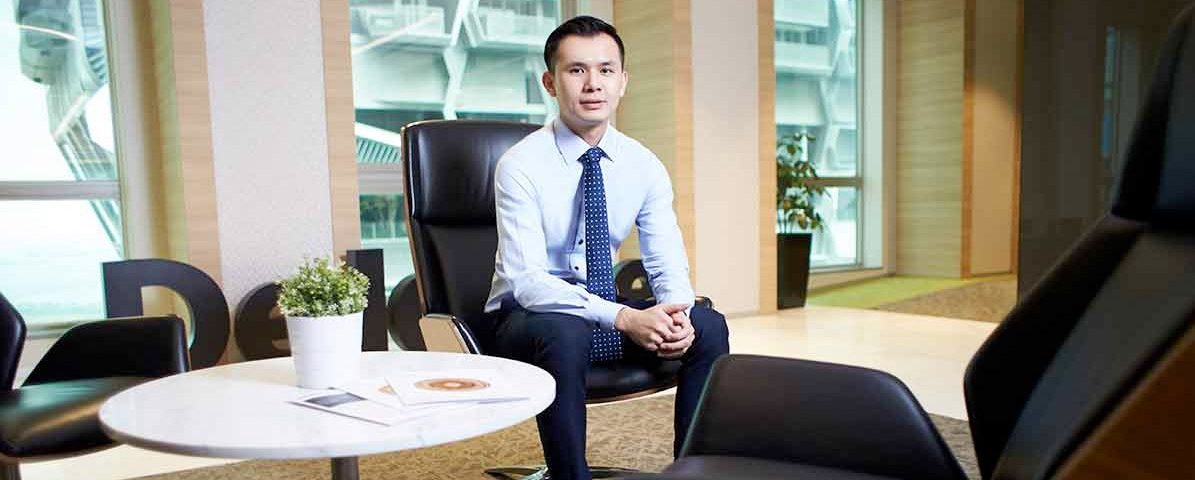With the establishment of the ASEAN Economic Community, ASEAN’s golden jubilee and Singapore assuming the ASEAN chair in 2018, ASEAN is where the action is. As more ISCA members consider regional career opportunities, we are expanding our regular Member Profile column to include the personal experiences of ISCA members who are working in other ASEAN countries. In this inaugural feature on overseas members, CA (Singapore) Jake Yeo, 31, Audit and Assurance Manager of Deloitte & Touche LLP, Singapore, shares his insights on working in the Philippines.
The ASEAN Edge
The bright lights and glamorous image of cities such as London, New York and Tokyo often lure young professionals seeking an overseas work experience. However, those with an astute sensitivity to the changing winds in the business world will know that a stint within the ASEAN region will be no less enriching to their careers. After all, ASEAN political leaders are projecting for the region to become the fourth-largest economy in the world by 2050. This rapid economic growth has enticed companies to make inroads into member countries of this regional intergovernmental organisation. This in turn increases the demand for accounting professionals who know the ins and outs of this colourful region comprising Brunei, Cambodia, Indonesia, Laos, Malaysia, Myanmar, Philippines, Singapore, Thailand and Vietnam – each with its own unique economic background and culture.
Jake Yeo certainly understands the value of an ASEAN experience. The Audit and Assurance Manager of Deloitte & Touche LLP, Singapore has had the opportunity to work at the Deloitte London office and frequents glitzy cities such as Tokyo and Beijing. However, the ASEAN region presents special excitement for this manager of a portfolio of international clients whose businesses spread across the Asia-Pacific region. “ASEAN countries may be in close proximity to one another, but each is different in its own way. The rich diversity of cultures and lifestyles in these countries is what makes them interesting. This applies to companies that operate in the Southeast Asian region as well, and how such diversity could affect the way companies run their businesses. Accounting professionals need to understand this before we can better serve our clients in this region.” Mr Yeo observes that many might think that being posted to ASEAN countries is a hardship, but he emphasises that every posting location has its pros and cons. “If one has the mentality to take things in a positive stride, every experience of working overseas can be rewarding in its own way.”













